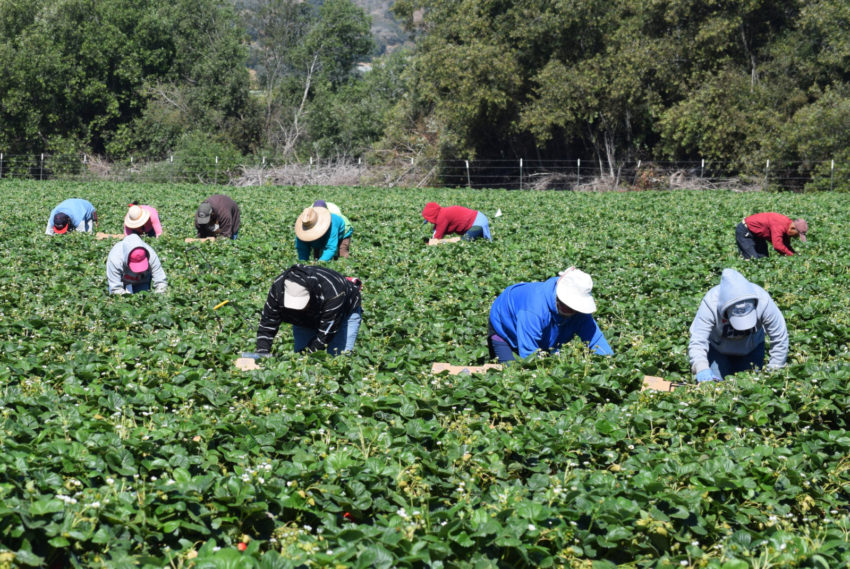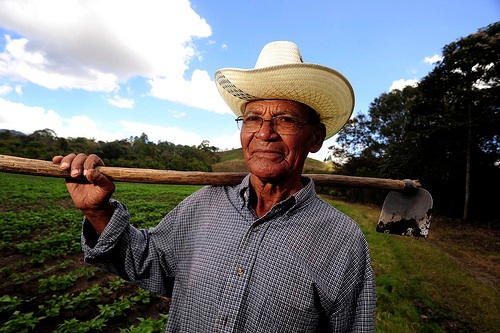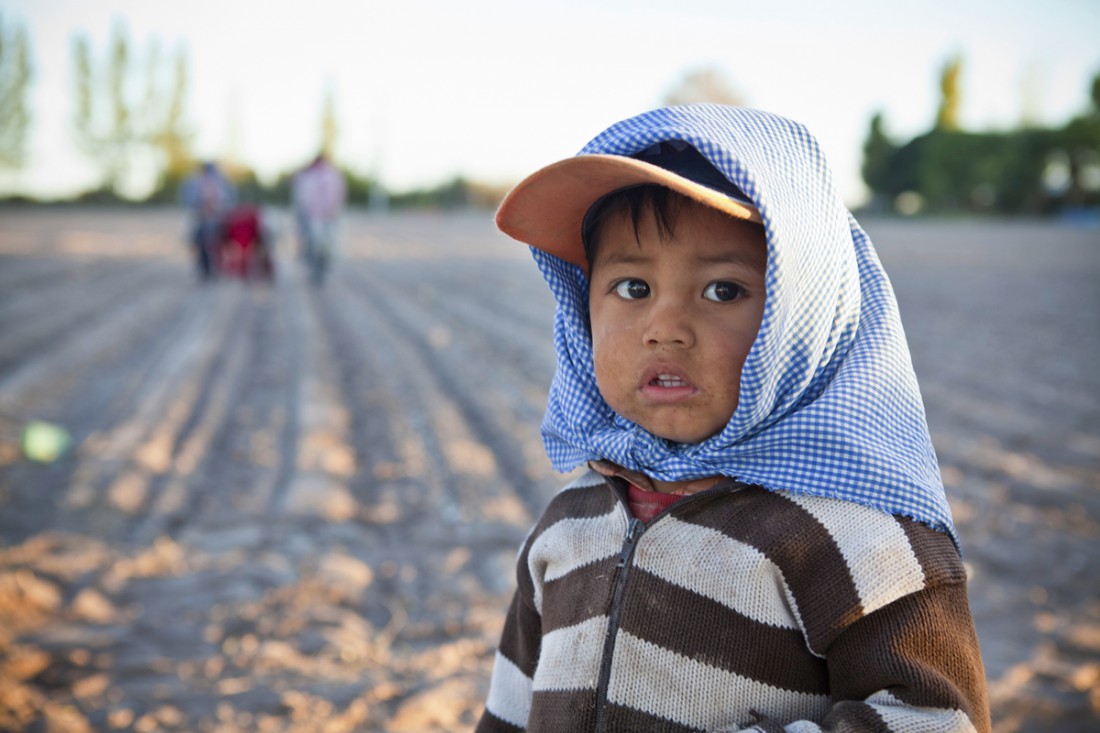
Share On Social!
Foreign-born immigrants in U.S. rural borderlands are plagued by poverty, stress, discrimination and lack of access to adequate healthcare, according to a new study by the University of California Riverside.
These inequities jeopardize their mental and physical health.
“While the research focused on Latino immigrants in Southern California, our findings tell us a lot about structural level factors and daily life events and chronic strain that create stress for minorities and immigrants in rural communities,” Ann Cheney, lead researcher and an assistant professor in the Center for Healthy Communities at UC Riverside, said in a press release.
Rural Health as a Health Disparity
The South Eastern Coachella Valley is home to predominantly low-income Mexican farmworking families.
 Researchers at UC Riverside interviewed dozens of farmworkers, advocates, community leaders, and healthcare providers between 2015 and 2016 in South Eastern Coachella Valley.
Researchers at UC Riverside interviewed dozens of farmworkers, advocates, community leaders, and healthcare providers between 2015 and 2016 in South Eastern Coachella Valley.
They asked about challenges immigrants face and the impact of these challenges on health.
Participants lived locally, self-identified as Mexican, were current or former farmworkers or had grown up in a farm-working family.
“These communities are often characterized by substandard housing, poor infrastructure, unsanitary conditions, and unsafe public drinking water,” Cheney said in the press release. “Rural health is an often-overlooked health disparity.”
Results Reveal Big Health Inequities
The findings are concerning.
40% of immigrant farmworkers had not seen a provider within the past year. 40% did not have health insurance.
In addition to healthcare, farmworkers also face oppression of farm labor and racial profiling. They also face inequities in social status, employment, and housing. All these issues affect self-worth and cause stress.
“Over time, these daily and chronic strains affect control over life and self-worth, contributing to poor mental and physical health conditions,” Cheney said in the press release.
Another big stress is economic conditions. Immigrant farmworkers often earn poor wages, struggle to pay for rent and utilities, struggle to have healthy diets, and often live in terrible housing conditions.
“We tend to overemphasize empirical, measurable data which allows us to create immediate solutions, such as increased transportation,” Cheney said. “But that doesn’t change the general lack of resources within these communities or social status or inequality in working and living contexts that contribute to poor health.”
 Perhaps the biggest stress is: fear of deportation.
Perhaps the biggest stress is: fear of deportation.
Many immigrants feel like they’re an easy target to police and immigration authorities. Some are even afraid of dropping off their kids in school, researchers found.
“Our study gives voice to the voiceless in an effort to influence public understandings of the immigrant experience and provides evidence that can inform public health and immigration policy change,” Cheney said.
“We show how inequalities across multiple social systems position foreign-born Latinos in low social status in the U.S. rendering them vulnerable to persistent and chronic strain that affect health and wellbeing.”
What Can You Do?
Enter your county name and get a Salud Report Card to find out exactly what health conditions are plaguing your area.
Then get ideas to start a healthy change!
By The Numbers
44
million
immigrants live in the United States



